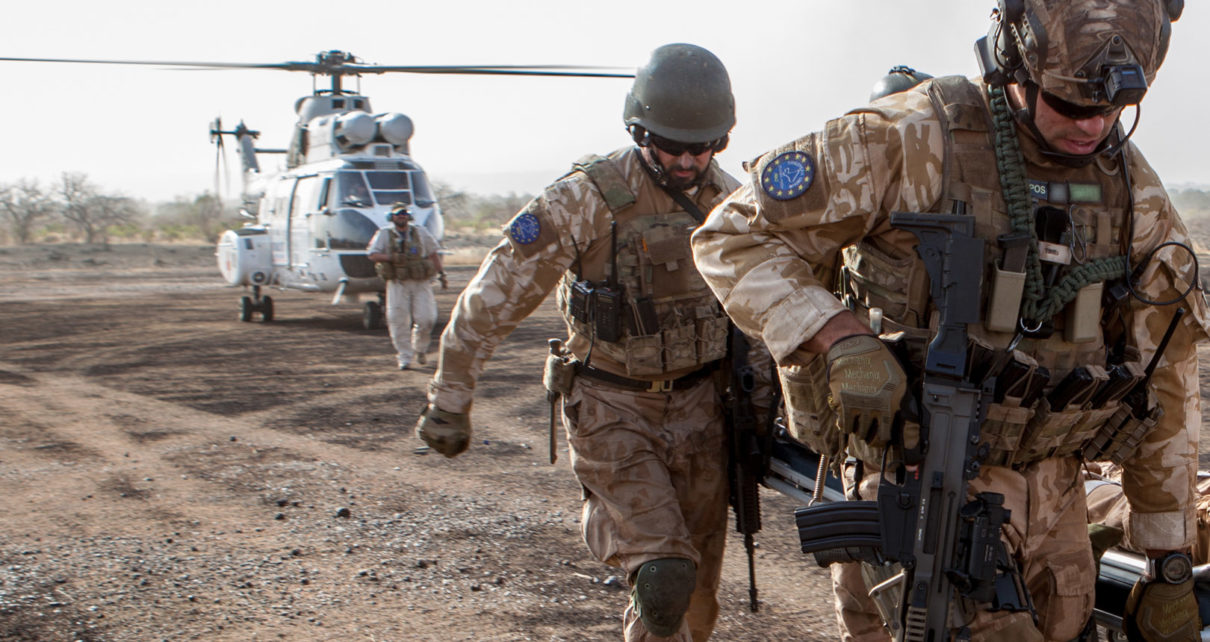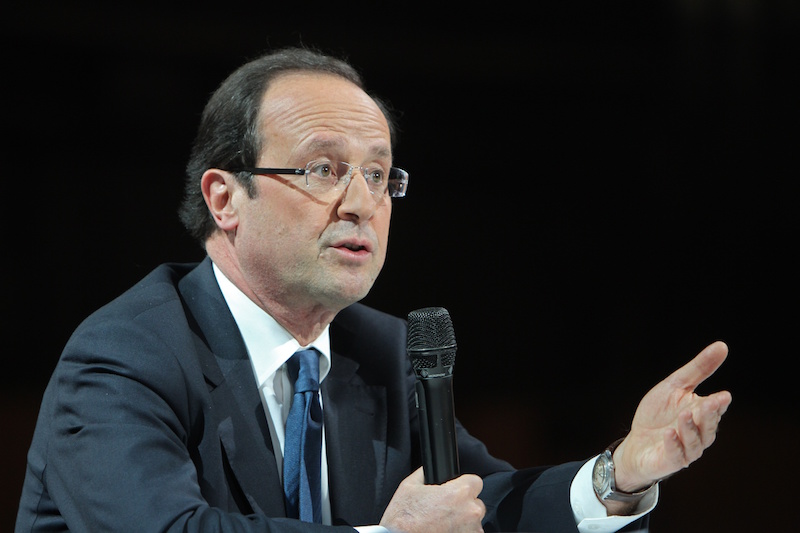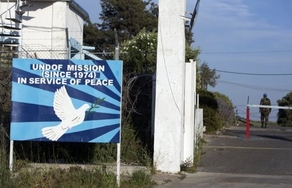The notion of a European army emerged after the end of the Second World War, with the Treaty of Brussels (1948) making a provision for collective self-defence between the UK, France and the Benelux countries. However, fearing the Soviet threat, they turned to the US for protection, and, together, they created NATO. The hopes of a European army died down in 1954 when the French National Assembly rejected the ratification of the Treaty establishing the European Defence Community (EDC). However, over the past few years, there has been a resurgence of calls in favour of a European army. In the 21st century, as threats have multiplied and diversified drastically, the European Union cannot rely solely on the US for defence and security any longer. While the creation of a European army has arguably become a necessity, EU leaders are still not sure how to shape such a force, nor under what framework it would function.
Since the creation of NATO, European countries have arguably relied too heavily on the United States for their own defence. Every year, the US accounts for around 70% of the defence expenditure of all NATO members, while European countries fail to meet the minimum contribution. The previous American presidency and recent political uncertainty have made it clear that Europe cannot afford to rely solely on America as a security provider anymore. In 2018, unhappy with the defence spending of many allies, President Trump told his senior administration officials that he might withdraw the US from NATO, leaving Europe in a precarious position vis-a-vis Russia. While President Biden reassured NATO saying that the alliance is “critical and essential to American security and stability,” Trump’s comments must be a wake-up call for Europeans to realize their own defence-related responsibilities. The possibility of the US leaving NATO would have been a disaster for European security, as Russia conducts threatening military exercises on its western border every year. At the same time, the EU and its members face threats that are more diverse than ever before: while the risk of kinetic conflicts in Europe is low, the EU remains a target of hybrid warfare, terrorism, cyberthreats and other crises. With threats multiplying and becoming more complex, the EU cannot stay as relevant as it is on the international stage relying only on its soft power. When facing adversaries impermeable to co-option through its culture, values, and foreign policies, the European Union should also have the ability to coerce them with assertive diplomacy or military intervention, mixing elements of soft and hard power.
Today, the Takuba Task Force in Mali could be considered the closest thing Europe has to an army: led by France, special forces from eleven European countries are deployed to stabilize and secure the Sahel region. In 2018, French President Macron declared that Europe needed “a true European army to defend itself better alone.” But what exactly is meant by a European army? Would it be as the EDC proposed, a pan-European military divided into national components, or rather controlled on a supranational level by the EU? This idea of an EU army can be alarming for many Europeans, as some may see it as another loss of national sovereignty and want to keep defence and security issues as national prerogatives. As seen through the lens of Brexit, or through attempts of the Hungarian government to marginalize some of their most vulnerable communities, the desire for greater national authority in varying domains is a recurring problem inside the EU.
However, Europe can no longer depend on the US for defence. With the White House repeatedly and rightly asking for more defence investments from its allies, the EU should also be allowed to seek more capabilities on its own. While some would argue for a European pillar within the alliance, others like Macron argue for an EU army independent from the Euro-Atlantic Alliance altogether. According to a 2017 Eurobarometer poll, eight of the twenty-seven EU members would not support the creation of an EU army. Still, 68% of Europeans think the EU should be more involved in defence and security policy. Addressing the European Parliament in November 2018, German Chancellor Merkel stated “we have to work on the vision of one day creating a proper European army.” This “vision” illustrates that an EU army really means greater solidarity and cooperation in defence between European countries. In that sense, as such an EU army would strengthen European defence, it would also be beneficial to NATO as a security provider.
The EU’s Common Security and Defence Policy (CSDP) led to the creation of the European External Action Service (EEAS), acting as the union’s foreign policy arm and diplomatic service. Together, the CSDP and EEAS allow the EU to participate in and lead crisis management missions and peacekeeping operations. While this is a promising start, these alone are not sufficient for the EU to be a strong security provider. Without a clear European strategic autonomy, the EU has “twenty-seven brains and just one arm.” With its members put together, the EU is the world’s third-largest military spender behind the US and China. Each year, EU countries waste an estimated €26.4 billion “due to duplication, overcapacity and barriers to defence procurement.” European military integration, like having a common ammunition certification system, could save them all both time and money. Thus, the first step towards a European army would be to spend more wisely and together.
The resolve for greater European cooperation and for clear strategic autonomy can be seen through the adoption of the European Defence Fund (EDF) in 2021. The EDF, with a budget of €7.953 billion for the 2021-2027 period, is the first-ever EU financial program supporting defence research and development. It focuses on two pillars: to fund collaborative defence research addressing emerging and future security threats and to co-finance collaborative capability development projects in the Union. The approval of this program, by both the European Parliament and Council, shows that EU member states are open, if not ready, to the potential integration of defence capabilities through the European Union.
The idea of having a European army in the next couple of decades is likely premature and unrealistic; however, it is even more irrational to assume that a European army, in some capacity, will never exist. As Schuman declared in 1950 that Europe would “not be made all at once, or according to a single plan,” a European army will similarly be founded on gradual achievements and enhanced solidarity between its members. It is only through these incremental areas of cooperation that the EU will be able to step up and face the new defence and security challenges threatening the Union.
Photo: Three European defence members leaving helicopter, two members holding weapons. Photo by the European Defence Agency.
Disclaimer: Any views or opinions expressed in articles are solely those of the authors and do not necessarily represent the views of the NATO Association of Canada.




